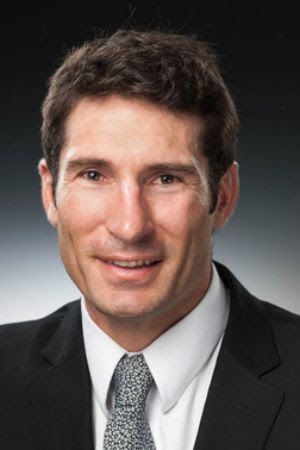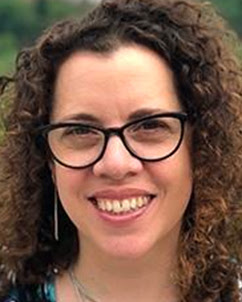
 |
| Social Data Science and Collective Resilience: Opportunities and Challenges Social data science can both strengthen and damage the fabric of civil society. Predictive models allow us to respond as situations develop and either manage or magnify them. Social data enables quick responses to unrest and conflict, active engagement with developing narratives, and identification of individuals and groups that are responsible. The same models and data that can help build more effective, ethical and equitable communities can also damage and destroy them. In this panel we will consider critical questions of when and how social data science supports collective resilience. APRIL 13, 2021 |
| SPEAKERS |
 Sarah Oates Professor and Senior Scholar Philip Merrill College of Journalism iSchool Affiliate Professor University of Maryland Prof Sarah Oates has studied the Russian media for the past 25 years and has published widely on how media subverts or supports democracy in a range of countries. Her most recent book (Revolution Stalled: The Political Limits of the Internet in the Post-Soviet Sphere, Oxford University Press) analyzed the potential of the internet to bring political change to Russia. She holds an MA and PhD in Political Science from Emory University and is Professor and Senior Scholar at the Philip Merrill College of Journalism, University of Maryland, College Park. Prof. Oates is the co-developer of PropagandaIQ, a software application that combines human coding and machine learning to identify news narratives.  Chris Mahony Peloria CEO and Co-Founder Chris Mahony is a lawyer and political economist. He also works on the utility of emergent data sources and methods to inform new financing approaches, in the Finance, Competitiveness and Innovation Global Practice at the World Bank where he previously worked in the Independent Evaluation Group and the Governance Global Practice. During his 17 year career, he has served as Strategic Policy and Rule of Law Adviser and Global Focal Point on Transitional Justice at the United Nations Development Programme (UNDP) in New York and as founding Deputy Director of the New Zealand Centre for Human Rights at Auckland University Law School. He has taught courses in Law and International Relations at Peking University, Oxford University and Auckland University. In 2008, he directed the design of Sierra Leone’s domestic witness protection program. He was admitted to the bar of the High Court of New Zealand in 2006 where he appeared for the Crown in criminal and refugee matters. In 2003, aged 21, he worked in Sierra Leone and Liberia, where, among other work, he drafted the Sierra Leone Truth and Reconciliation Commission’s recommendations on governance and corruption, and its ‘Historical antecedents to the conflict’ chapter. |
| MODERATOR |
 Dr. Susannah B. F. Paletz Research Professor University of Maryland | College of Information Studies (iSchool) Affiliate, Applied Research Lab for Intelligence and Security (ARLIS)Associate, Social Data Science Center (SoDa) |


